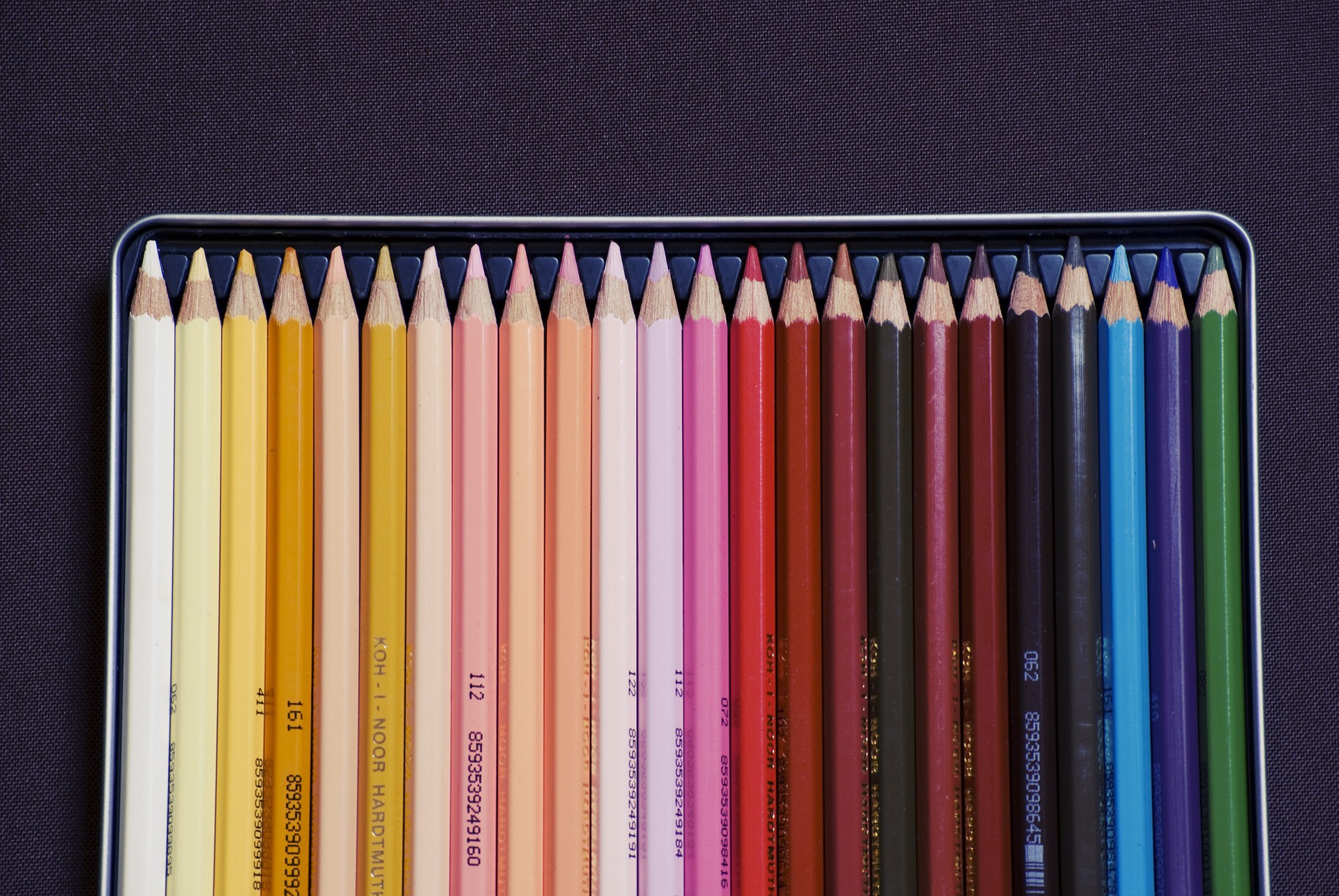Today I’m welcoming Cameron Banks to my blog, a talented young composer who created the music for the back-of-the-book extras in The Deliverer.
Cameron will also be one of the judges in the “Song of Lyric Contest” and will compose the music for the winner.
Cameron, I was blown away by your powerful choral arrangement of the song for The Deliverer. Could you let the readers know how it came about that you wrote this?
Late in the Fall of 2012, I had received the poem, “Day of the One,” and I was hooked to the words. They flowed like lyrics to me from the very first time I read this poem. I began to try many different melodic lines to fit the pictures the poem created. All in all, it took many hours to compile the endless ideas and bits of music when I realized that I had been approaching this poem from the wrong perspective. I had been too focused on the picturesque lyrics of animals and mentions of landscapes when this poem was meant to focus on our Deliverer, Christ Jesus. I sat down for a few minutes to regain composure, and I began to write. Instead of limiting myself to one or two melodic lines, I wrote the piece of what I heard in mind when I read it.
Tell us a little bit about your background as a musician:
Ever since I was young boy, I was fond of music. How pieces of brass, wood, and plastics could make pleasant, beautiful sounds really interested me. I took piano lessons for a few years until I began band. By the time I was in high school, I loved learning new instruments. Before and after school, I would sneak into the music room and try out all different kinds of instruments. I began to read books and look up how to repair instruments. I grew fond of composing once I started singing in the choir my senior year of high school. I had already known the beauty of the different colorful chords that instruments could make but I had no idea that the human voice could do that as well.
While performing at Concordia University in the top college Wind Symphony and a semester with the Kapelle choir, I began learning about the complexities of music theory, counterpoint, and how to compose music from the basic level. I grew fond of composing music early on and even began “breaking certain rules” since I thought, “Hey, the greatest composers got to so why couldn’t we?” Not too many of my professors were always fond of me breaking the rules, but hey, it was the best defense I had and I still laugh about it. Today, I still compose both choral and instrumental music but nowadays, I am fond of teaching music and providing my students opportunities to show off their love and appreciation using music to glorify God.
When you compose music, does it flood you in a delirious wave (like Handel’s experience in writing The Messiah), or do you battle for each deliberate note? What is the creative process like for you?
If I had to choose, I would say music comes to me like a flood than a battle. Not to sound vain but I feel that composing music comes to me naturally. I don’t really spend too much time “battling” each note except for maybe when I’m putting the final touches on my music. If I’m working on chord structure to create a harmonious picture of what I’m writing about, then I would be a little bit more deliberate in my note choice.
In the creative process, I always begin with the ending. In order to begin a piece, you must know two things: 1) How the music ends, and 2) Where the destination from the beginning notes will take you. Excluding multiple movement works, music must have an ending but also must create the desire for wanting more of the music. In a culture where we live in always desiring more than what we want, the only thing I embrace in this ideology is the want for music. There’s so much creativity in all of us and I know that God has given us the ability to be people of individual creativity that unites us as inspirational, intuitive beings. In my life, music is that creative focal point. Music composition and performance are my creative outlet.
How does your faith inform your art? Any advice for artists, writers, and composers?
Faith informs my music through the simple fact that God has blessed us with individualized talents. These talents cannot be replicated exactly as another’s, and music is God’s way of providing us His message with and even without words. It stands to say that God does things that we cannot comprehend sometimes, and His reason and our reason are different. Most of the music I have written can and should be considered sacred music because I feel that there is a deeper message than us as imperfect, incompetent beings.
I also feel the need to include Matthew 28:19-20, the “Great Commission,” in composing music because aren’t we His chosen people to be missionaries of His Word? He has instructed us through the teachings in the Word and now has blessed us with the promise of eternal life. As the great J.S. Bach wrote, “He who relies on Jesus Christ, Heaven shall be his most surely.” Thus, my purpose for composing music is to be informed through Christ, the anointed one, and until the Day of the One has come, we will continue our praises in heaven ours most surely.
My advice for artists, writers, and composers is to never give up on an unfinished project. No composer, artist, or writer has ever been satisfied with even close to 100% of their original works, personal transcriptions or adaptations, or even their commissioned pieces. It is easier to give up than strive towards the obtainable goal. Always set yourself reasonable goals and expectations. Inspiration and innovation takes time and a lot of small, well-detailed and planned goals. I also say to never settle for acceptable but don’t make perfectionism take over your happiness and joy of creating. Each and every day is a new opportunity to learn, to be inspired, and to focus on how God has blessed your life even in the smallest ways. This little lesson can be used for life-living as well.
Thanks so much, Cameron! It’s a joy visiting with you.
His,
Sharon Hinck
Please Share This: 



 Fun frightens me a bit. I guest blogged over at the Enclave Publishing Blog about this struggle I face as a writer of fantasy.
Fun frightens me a bit. I guest blogged over at the Enclave Publishing Blog about this struggle I face as a writer of fantasy.








